Optimal Timing for Water Treatments
Water treatments are most effective when conducted at specific times to ensure optimal water quality and system efficiency. Proper timing can prevent issues such as mineral buildup, corrosion, and microbial growth, which can compromise water systems and appliances. Understanding seasonal and usage patterns helps determine the best times for treatment.
Spring and fall are ideal for comprehensive water system assessments and treatments, preparing systems for seasonal changes.
Before the winter months, treating water helps prevent pipe freezing and mineral buildup.
After new installations or repairs, water treatments ensure system longevity and water quality.
Regular treatments, typically annually or biannually, maintain water system performance.
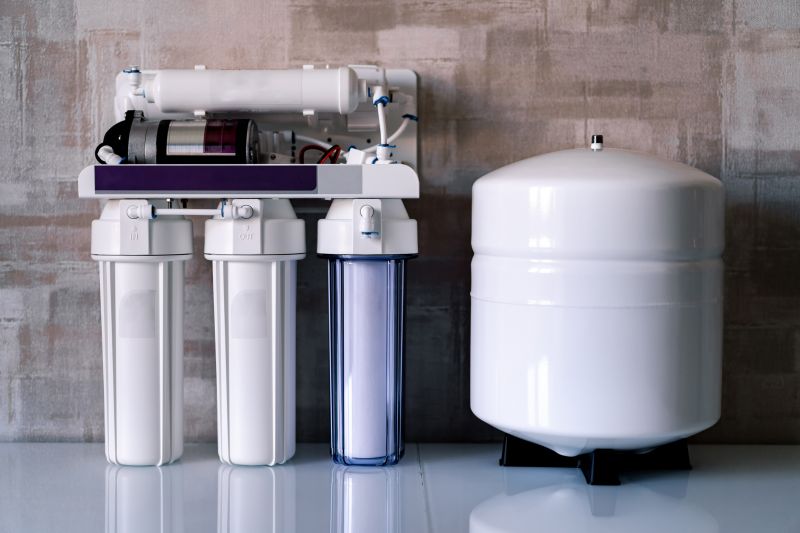
Installation of filtration and conditioning systems.
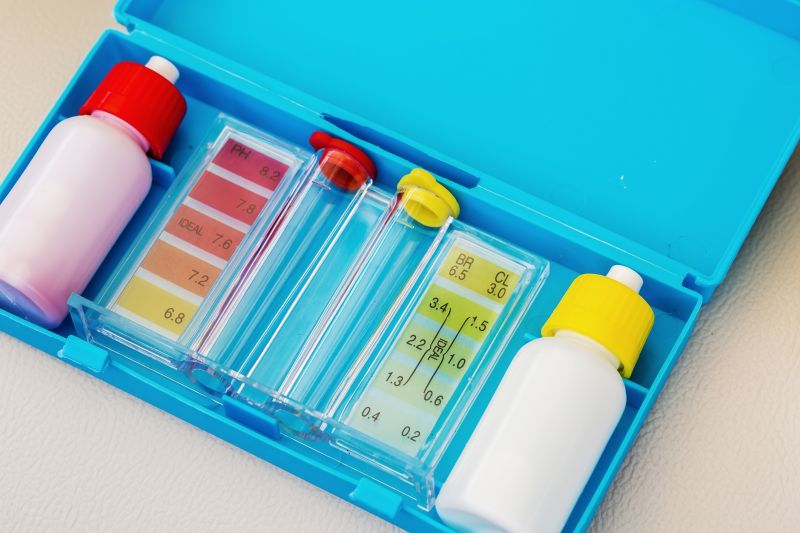
Tools used to assess water quality before treatment.

Common equipment used for mineral removal.
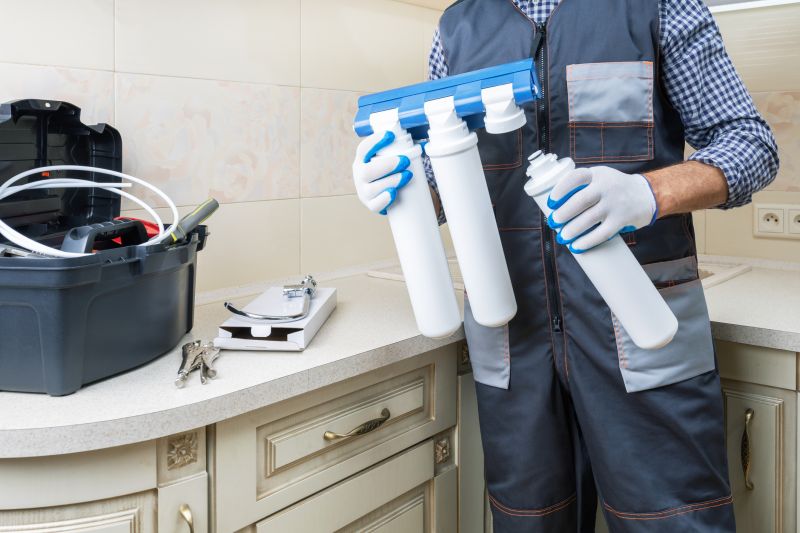
Device used to eliminate microbial contaminants.
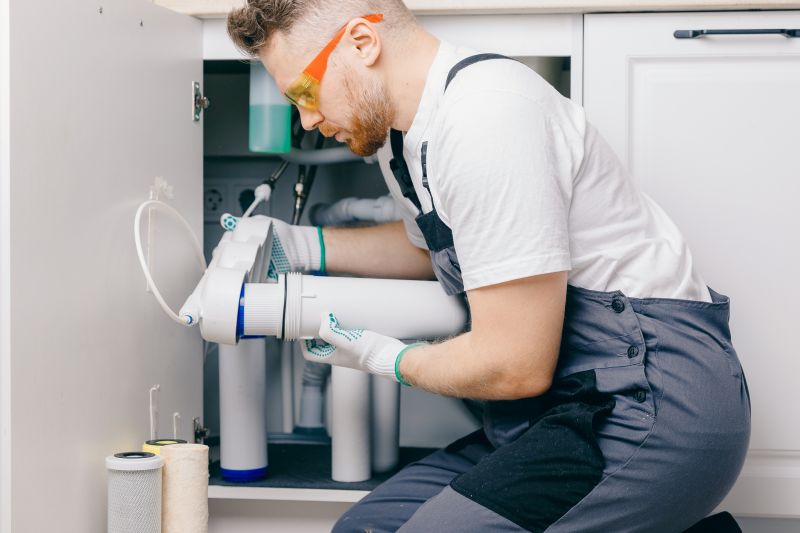
Application of disinfectants or pH adjusters.
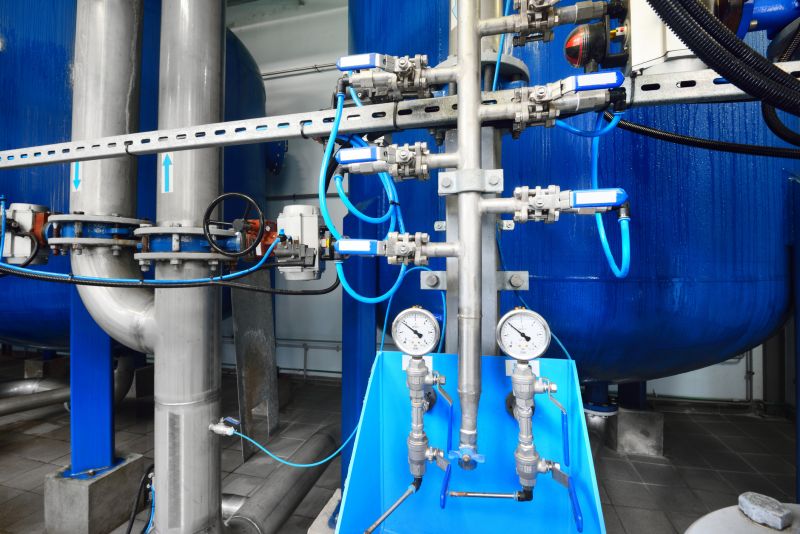
Monitoring water flow to determine treatment needs.
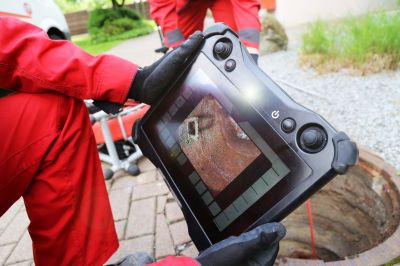
Assessing plumbing for corrosion or buildup.
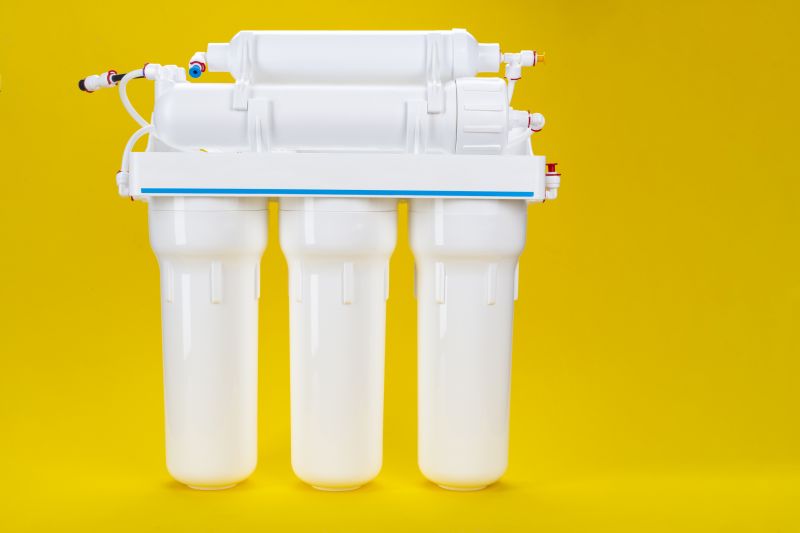
Large-scale infrastructure for municipal water treatment.
| Timing Aspect | Details |
|---|---|
| Seasonal Changes | Adjust treatments based on temperature and water usage patterns. |
| Water Quality Testing | Conduct tests before treatment to identify specific issues. |
| System Age | Older systems may require more frequent treatments. |
| Water Source Variability | Treatments should align with changes in water source quality. |
| Usage Peaks | Schedule treatments before periods of high water demand. |
| System Maintenance | Perform treatments after repairs or system upgrades. |
Water treatments play a critical role in maintaining water quality and system efficiency. Proper timing ensures that treatments are effective in reducing mineral buildup, preventing corrosion, and eliminating microbial growth. Regular assessments and adherence to recommended schedules can extend the lifespan of plumbing systems and improve water safety.
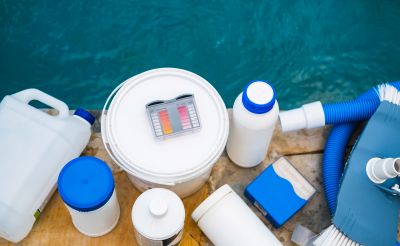
Analyzing water samples for contaminants.
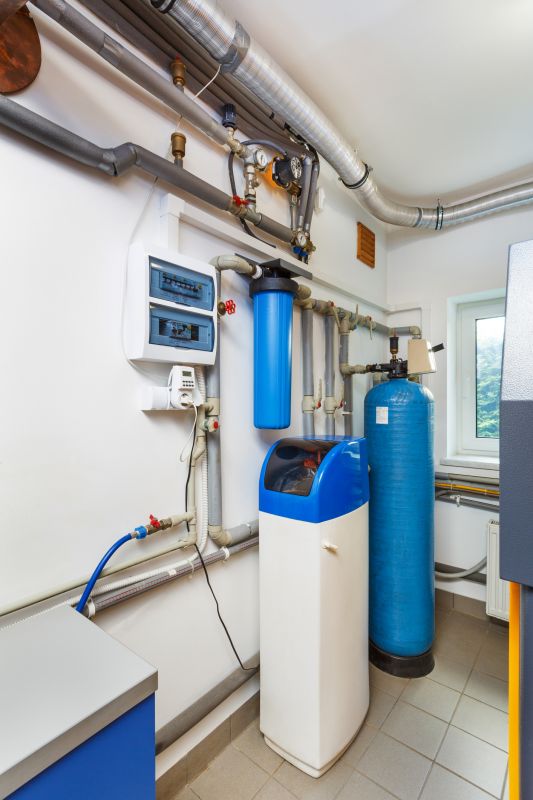
Installed systems for water conditioning.
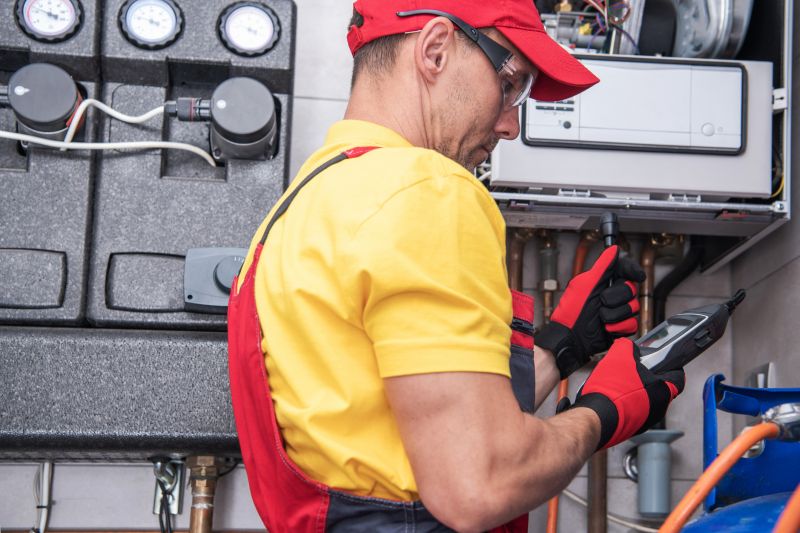
Conducting routine water system inspections.
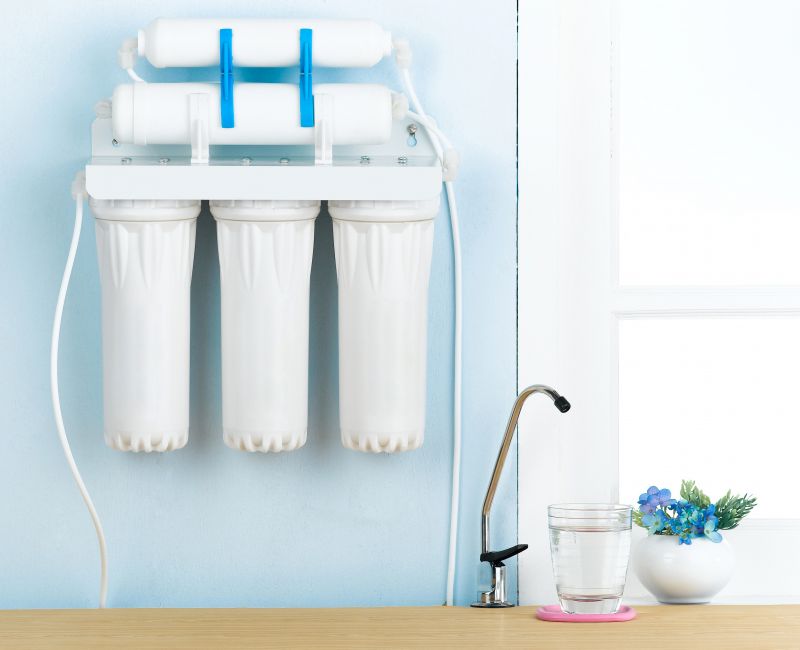
Ongoing assessment to ensure treatment effectiveness.
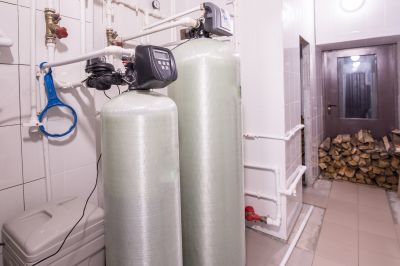
Ways to make Water Treatments work in tight or awkward layouts.
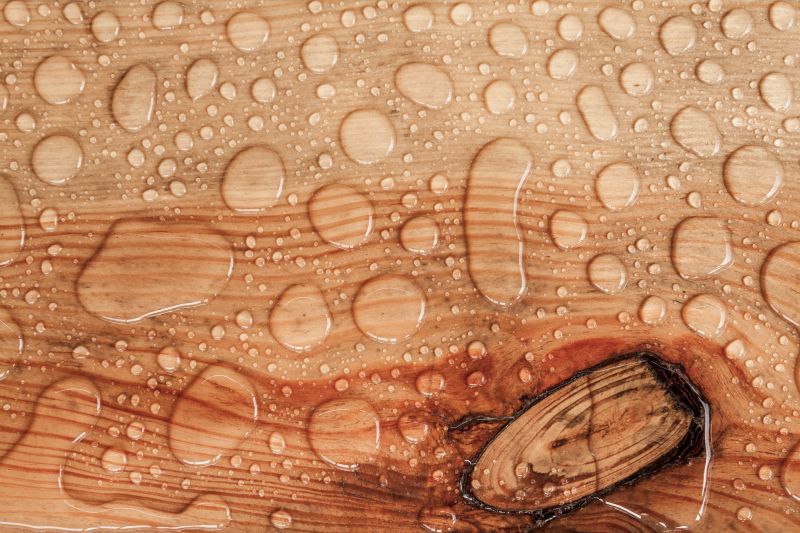
Popular materials for Water Treatments and why they hold up over time.
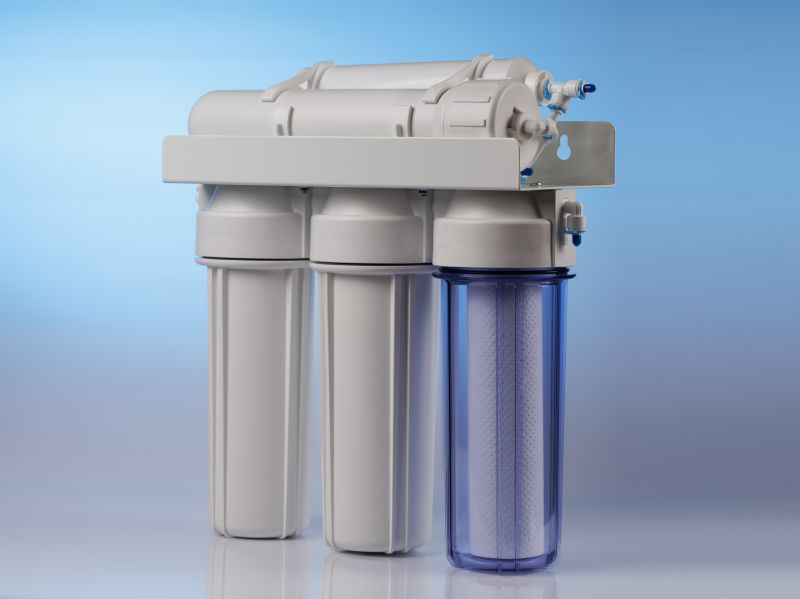
Simple add-ons that improve Water Treatments without blowing the budget.
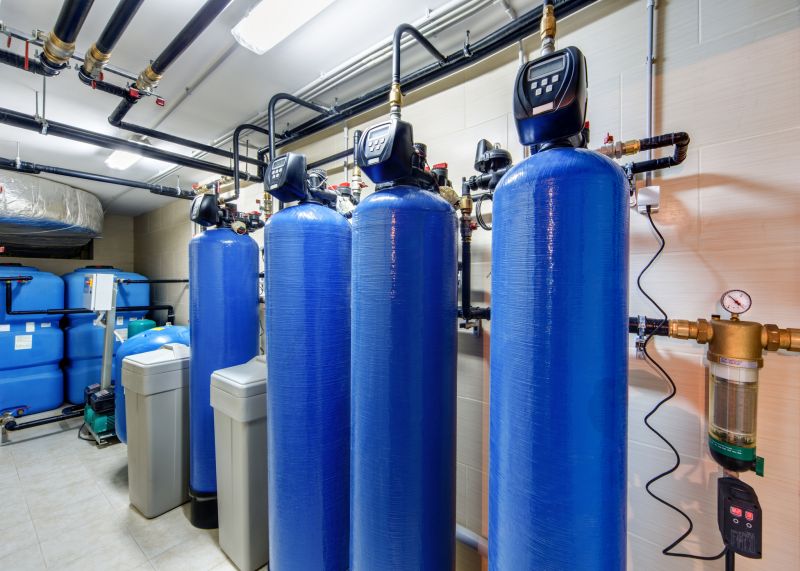
High-end options that actually feel worth it for Water Treatments.
For those interested in optimizing water quality through timely treatments, filling out the contact form provides an opportunity to discuss specific needs and scheduling options. Properly timed water treatments can enhance water safety and system longevity in Warrenton, VA.

